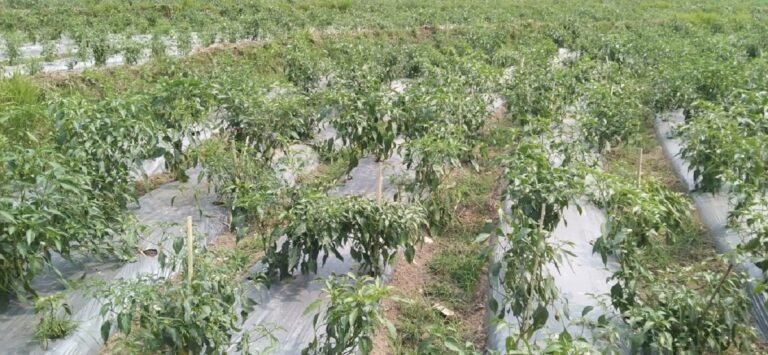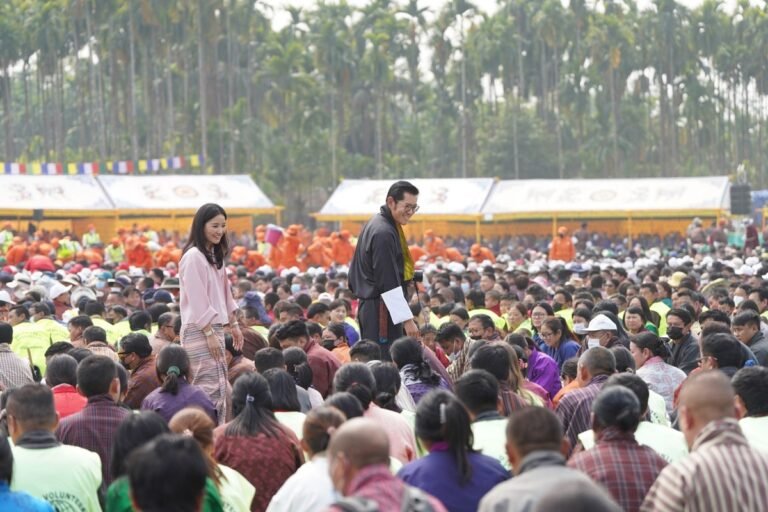
A report suggests Bhutan must rethink its irrigation methods due to unpredictable monsoon patterns. The report advocates for solar-powered solutions, such as solar lift irrigation, which is a viable alternative to traditional gravity-fed channels. The report, funded by the International Development Research Centre, presents 38 recommendations for improving irrigation across policy, finance, gender equality, technical standards, and environmental safeguards. Renewable energy for irrigation is now a necessity, requiring an evolving ecosystem of policy, finance, and technology. Technical recommendations include national standards and certifications, while financing remains a barrier. The report recommends targeted subsidies and performance-based incentives for early adoption of RE systems in Bhutan, particularly in remote or marginalized communities.
It advocates for GESI in project design, prioritizing initiatives that benefit women and marginalized groups. The report also emphasizes the need for capacity-building, training, and environmental safeguards to prevent ecosystem degradation and aquifer depletion. It also calls for specific environmental impact assessment guidelines. It calls for climate-proofing to be ingrained in all systems, utilising adaptive technologies and sustainable water-use practices to design for floods, droughts, and temperature extremes. Planning should be guided by the principles of Integrated Water Resource Management to ensure alignment with long-term climate projections and catchment-scale hydrology. In areas with high levels of conflict or biodiversity, social safeguards like community involvement and conflict resolution are also suggested as ways to reduce tensions over land and water use.



